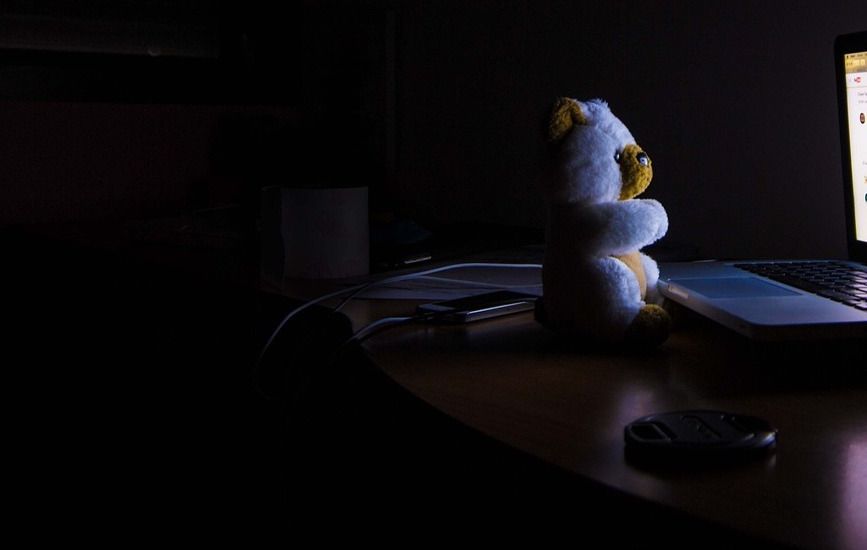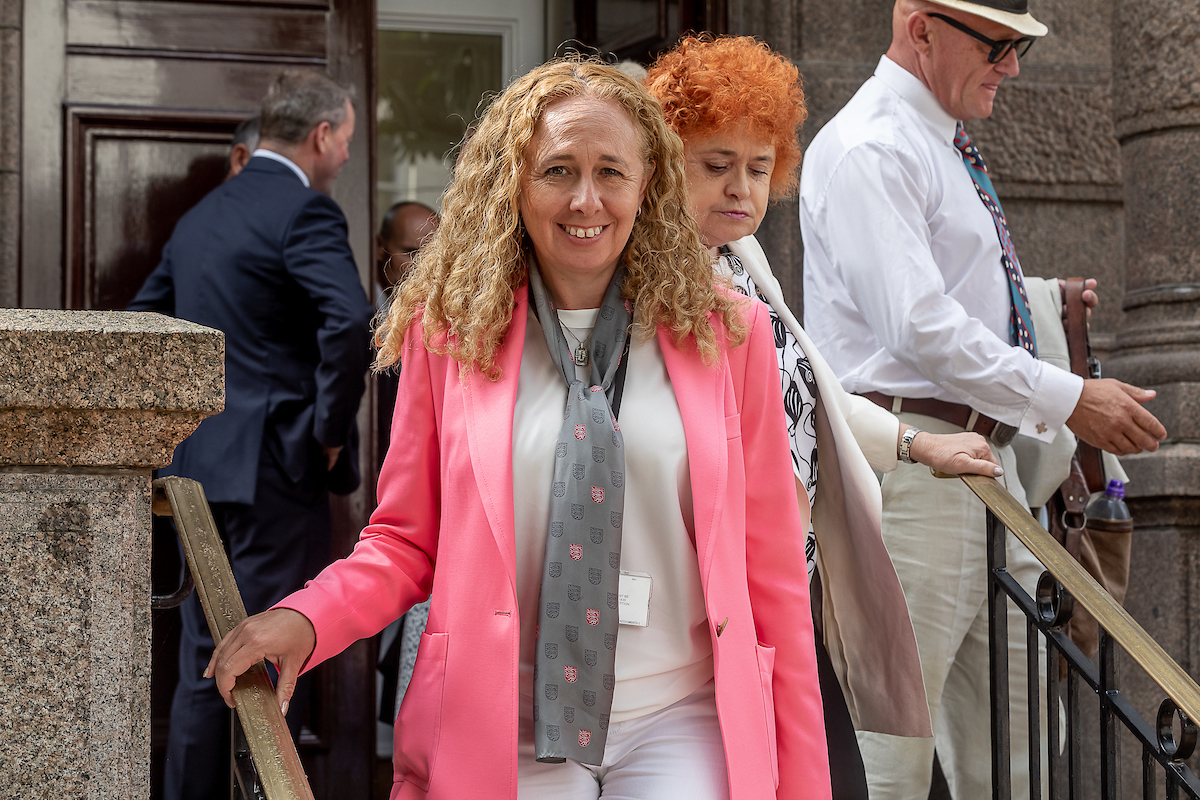


It is “not acceptable” for social workers to work remotely off-island, the Minister for Children has said after the Royal Court highlighted a case where one was unavailable to support a vulnerable mother and child in person for eight months.
The case was raised by members of the Children and Education Scrutiny Panel yesterday, as they questioned Deputy Inna Gardiner.
Responding, Deputy Gardiner made it clear that “all our social workers are expected to work on the island”.
She said: “During the pandemic, it was more open for various reasons, but this is not the case now and it is not considered acceptable going forward.”
Deputy Gardiner explained that the only exception are two social workers who work off-island to help local children who are also located off-island, but still fall under Jersey’s care.

Pictured: Minister for Children and Education, Deputy Inna Gardiner.
However she confirmed that “it is not an option for someone to be working off-island with children on the island”, reiterating that “all social workers need to be located here.”
Deputy Catherine Curtis, chairing the Scrutiny Panel, also asked about social workers who are based on-island but may work remotely from home.
Deputy Gardiner admitted that some staff may occasionally work from home for covid or mental health reasons, but explained that “it not what general practice should be.”
Susan Devlin, Group Director in Children, Young People, Education and Skills, confirmed that “staff are expected to be working from the office”.
She added: “Some staff may apply to work flexibility but that’s not eight months off-island.”
Mrs Devlin, who trained as a social worker herself, confirmed to the scrutiny panel that there are no current cases of social workers working from a base off-island whilst supporting children in Jersey.
She explained: “Social work is very much a relationship-based profession. For me, there is nothing that beats face-to-face contact. In Covid, of course, we had to adjust working practices but now we are essentially back in the norm.
"Best practise is that people see people and they build relationships; that’s how you develop the best chances of support and intervention. There are standards about levels of contact, so we expect people to see children who may be subject to a child protection plan once a fortnight, looked-after children are seen every six weeks. I personally think that should be much more, you’ve got to make that connection.
“We have a performance system and we’re able to check that, we get daily reports, we have a monthly performance meeting in the service so we’re very clear if there are issues about children not being seen but we’ve seen a significant improvement in those rates.
“We are very clear about the importance of children being seen physically by someone.”
Court critical over social worker's eight months of remote work
Comments
Comments on this story express the views of the commentator only, not Bailiwick Publishing. We are unable to guarantee the accuracy of any of those comments.